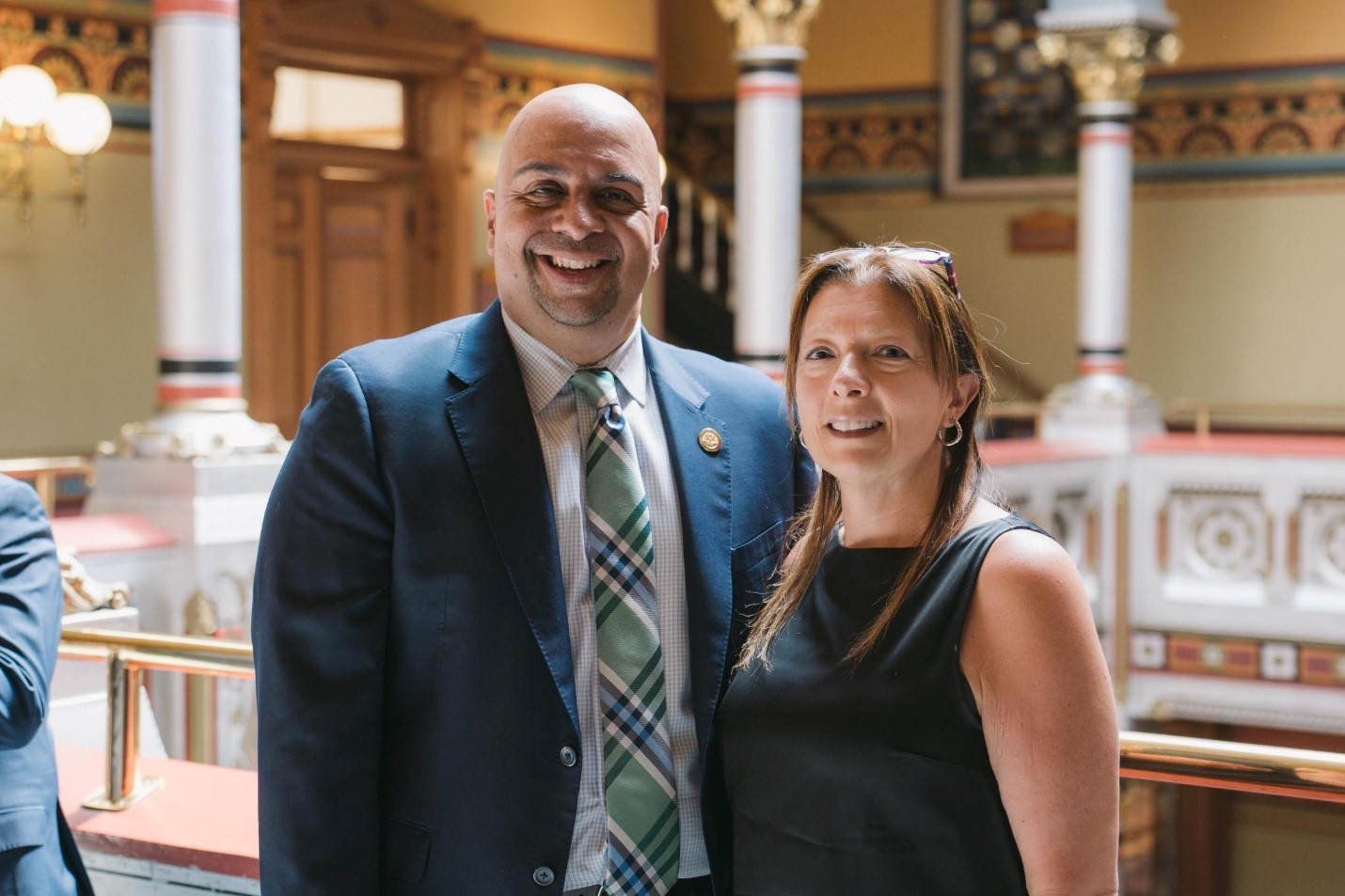Looney & Winfield Support Passage of Bill to Strengthen Housing Code Enforcement in New Haven
HARTFORD—Senate President Pro Tempore Martin M. Looney (D-New Haven) and State Senator Gary Winfield (D-New Haven) today voted in support of passage of Senate Bill 1317, “An Act Concerning Liens for Violations of the Housing Code or Public Place Ordinances.” The bill, which passed the Senate with bipartisan support, aims to enhance the ability of municipalities to enforce housing and public place ordinances by allowing unpaid penalties to become liens on the associated properties.
“This legislation is a critical tool for cities like New Haven to ensure that property owners are held accountable for maintaining safe and healthy living conditions,” said Senator Looney. “By enabling municipalities to place liens for unpaid penalties, we are reinforcing the importance of adhering to housing codes and public ordinances. Stregthening enforcement will ultimately benefit all residents and prevent creeping blight in our neighborhoods.”
“When housing density is high, it only takes a few violations to impact entire neighborhoods,” said Senator Winfield. “This bill empowers New Haven and other cities to take necessary actions to uphold housing standards and protect public spaces.”
SB 1317 addresses the challenges municipalities face in collecting fines for housing code violations and public place ordinance infractions. By permitting unpaid penalties to constitute liens on real estate from the date of the penalty, the bill provides a more effective mechanism for municipalities to enforce compliance and maintain community standards.
The bill, which passed 29-6 in the Senate, is now awaiting consideration in the House of Representatives.








